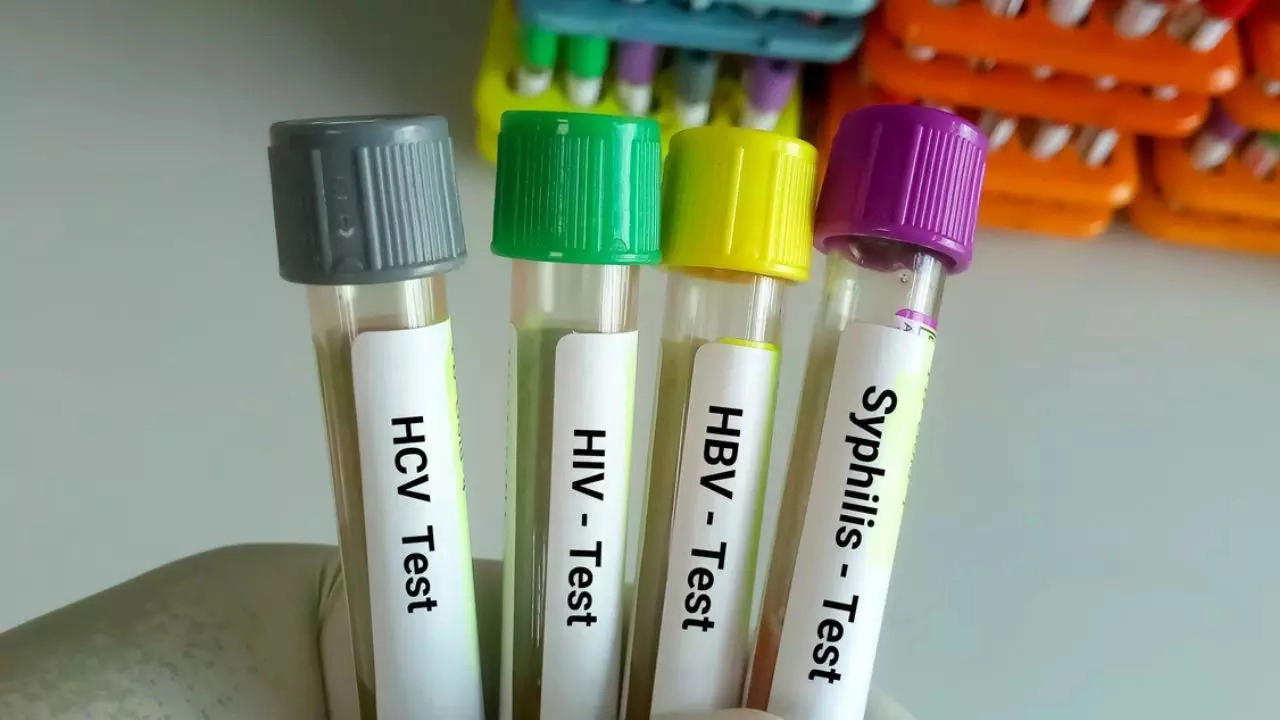Akanksha Arora • 30 Jul 2024
How Does Hepatitis Affect Your Liver? Expert Shares Effective Treatment Options

How Does Hepatitis Affect Your Liver? Understanding Treatment Options, And More (Image credits: iStock)
Hepatitis is a serious condition that is often overlooked. It can negatively impact your liver and its functioning. Getting vaccinated for hepatitis helps in lowering your risk of developing further complications. Here is how hepatitis can harm your liver and cause liver damage.
Hepatitis is a serious medical condition that can take a heavy toll on an individual's well-being, especially the liver. It is a type of infection that causes inflammation of the liver. This happens when hepatitis viruses like hepatitis A, B, C, D, and E affect one's liver. Hepatitis A and E enter the body through contaminated food and water. Whereas hepatitis B, C, and D enter one’s body through blood, sexual contact, or from the mother to the fetus during pregnancy. Once the hepatitis infection reaches inside your body it starts to infect your liver cells, also called hepatocytes. This leads to the death of healthy liver cells which are significantly replaced by scarring (also known as fibrosis).
To combat this deadly virus, your immune system responds by letting the white blood cells (WBC) attack these infected and damaged liver cells. This successfully helps destroy the virus. This sudden defensive attack from your immune system can cause inflammation and even severe damage to the liver tissues in some cases.
Times Now Digital spoke to Hepatitis And Liver Transplant by Dr Uday Sanglodkar, Senior Consultant Hepatologist and Clinical lead liver and transplant ICU, Gleneagles Hospital about how hepatitis can affect our liver and what are the treatment options.
How does hepatitis affect your liver and its functioning?
Hepatitis is a progressive condition that can worsen over time. Some types of hepatitis can lead to serious conditions like cirrhosis. It occurs when over time your liver becomes permanently scarred due to excessive fibrosis. Cirrhosis can negatively affect your liver by disrupting its functioning and liver damage. People who are diagnosed with hepatitis B and C are at higher risk of developing liver cancer and severe complications. Frequent damage to the cells and regeneration can increase the risk of liver cells becoming cancerous. This can lead to a serious condition called hepatocellular carcinoma, a type of liver cancer.Various factors such as drinking alcohol, smoking cigarettes, taking certain medications, or autoimmune diseases can contribute to hepatitis. During the early stage of the infection, one can experience symptoms such as fatigue, fever, nausea, episodes of vomiting, and loss of appetite. As the infection progresses it can worsen the condition and cause severe symptoms like dark urine, jaundice (a condition where the skin becomes pale and yellow), poor appetite, and abdominal pain.
Treatment optionsIndividuals can reduce the risk their risk of developing hepatitis virus by being vaccinated. Vaccination for hepatitis can be taken by all age groups and is easily accessible in various hospitals and clinics. If the hepatitis starts to worsen and reaches end-stage, then patients are advised to undergo liver transplantation. It is much needed as conditions like cirrhosis can damage your liver and create disruption in performing its vital functions such as detoxifying blood, breaking down fat, and processing nutrients.
Without proper functioning of the liver, your body cannot survive and even lead to death. Liver transplantation can be a life-saving option for individuals who are suffering from liver damage due to hepatitis. During liver transplantation, the damaged liver is replaced with a healthy and well-functioning liver from the donor. Liver transplants significantly improve the quality of life of the patient, making them return to their normal routine without experiencing discomfort.